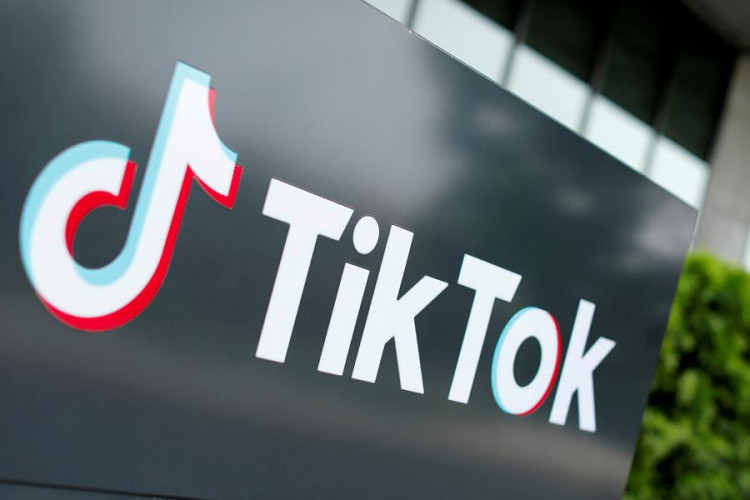TikTok's frantic last-minute push to mobilize users against legislation that could see the popular app banned in the United States appears to be backfiring on Capitol Hill. Congressional offices have reported being inundated with calls from confused TikTok users, ranging from teenagers to the elderly, urging them to vote against the measure.
The bipartisan bill, introduced by a group of 20 lawmakers, would require ByteDance, TikTok's Chinese parent company, to sell the app within six months or face removal from U.S. mobile app stores. The legislation has been swiftly advancing through Congress, winning unanimous approval from a key committee, with the full House expected to vote on it on Wednesday. President Joe Biden has pledged to sign the bill into law if it reaches his desk.
However, TikTok's lobbying campaign has only worsened lawmakers' concerns about the app and its potential ties to the Chinese Communist Party (CCP). Florida Congressman Neal Dunn's office told the BBC it has received more than 900 calls from TikTokers, some of whom were "vulnerable school-aged children" and had to be flagged for security reasons due to their extreme rhetoric. Dunn, a Republican and original co-sponsor of the bill, said, "ByteDance weaponized the app against America, and that is exactly why the Congressman supports this measure."
Other lawmakers, including Democrat Ritchie Torres and Republican Dusty Johnson, have also reported receiving hundreds of calls from app users who lack a clear understanding of the legislation or the reasons behind their calls. TikTok has denied allegations that it locked users out of the platform until they called their representatives.
The debate surrounding TikTok has put President Biden in a convoluted position as he leverages the app for his reelection campaign while simultaneously pledging to sign the ban bill if it passes Congress. Biden's campaign has amassed over 222,000 followers and 2.4 million likes on TikTok since his playful introduction post last month. Experts argue that reaching out to younger audiences is crucial for Biden to win over undecided young voters and mobilize a traditional Democratic constituency.
However, the president's use of TikTok has raised eyebrows given the growing concerns about the app's alleged ties to the CCP and its potential threat to Americans' privacy and mental health. White House press secretary Karine Jean-Pierre has stated that the administration plans to "meet the American people where they are" while working to protect national security.
U.S. political campaigns are grappling with how to effectively utilize TikTok amid the controversy. While the app has become increasingly popular among younger voters, it remains a niche tool in politics due to its connection to China. A study by Georgetown University Law Center professor Anupam Chander found that fewer than 10% of U.S. Congress members have an official TikTok account, with an overwhelming majority being Democrats.
Some Republicans' resistance to the app could be tied to former President Donald Trump's unsuccessful vow to ban TikTok during his administration. However, experts suggest that Trump's campaign may eventually join TikTok if it is deemed advantageous for his reelection efforts.
Anish Mohanty, communications director for Gen-Z for Change, a nonprofit advocacy group that taps into a network of TikTok influencers, believes that Biden's mere presence on the app isn't enough to win votes. "Young people care about issues, that's why young people are so unhappy with Biden over action on climate change, over the situation in Gaza," Mohanty said. "Just because Biden is posting on TikTok, that's not what's going to pull young people over."
As the debate surrounding TikTok intensifies, U.S. political campaigns are navigating a complex landscape where the app's influence and controversy intersect. The outcome of the proposed legislation and the strategies employed by campaigns in the coming months will likely shape the role of TikTok in the 2024 election and beyond.






